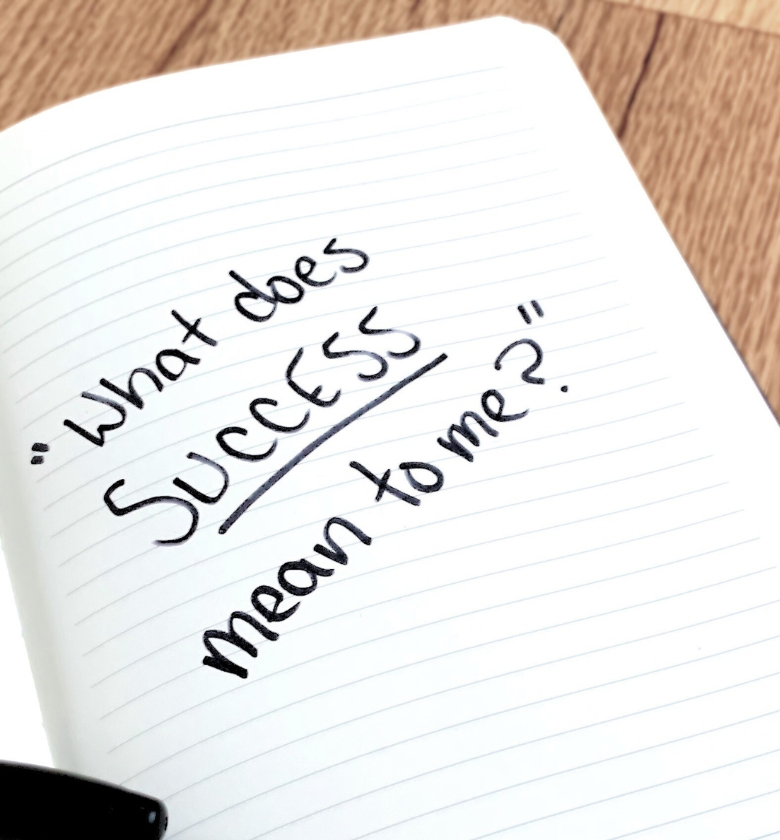“Vulnerability means being moved. You were always meant to be a herald of a new message, moved toward a new vision of yourself and of life.’” – Paul Dunion, Ed.D.
 Traditional expectations have often led men to struggle…
Traditional expectations have often led men to struggle…
… with depression, anger, and a diminished sense of identity. Let’s move beyond traditional roles and encourage men to take care of their mental health.
Challenge the social stigma…
Historically, society has perpetuated a stigma around men admitting they need any kind of help, with mental health being completely off limits. In 2021, nearly 25% of American women sought therapy, while less than half of American men (12%) did the same.
 My approach is holistic…
My approach is holistic…
… as I have personally and professionally witnessed the benefits of addressing all aspects of makes us “whole”: mind, body, and spirit.
In our sessions together, I will use a variety of therapy techniques designed to address you as a whole person.
This holistic approach allows for deeper understanding into who are you and what you need to do in order to experience lasting change. These techniques include Cognitive Behavioral Therapy (CBT), mindfulness, journaling, guided imagery, and EMDR.
The most important thing to remember is there is no “right” way to do therapy. Every man is different with different needs. We will work together to find what works best for you.
In the office…
After handling any logistics, my first question is, “Why therapy now?” At this point, some clients begin sharing their stories or ask, “Where do I start?” Others might express their rage or start crying. There is no “right” response; each reaction helps guide us on your path. By the end of the first session, you should feel that you have shared part of your story, have a sense of your therapy goals, and know when you want to return (weekly, bimonthly, etc.). Additionally, if you like homework, we will ensure you leave with an “assignment” to work on between sessions.
 During a session…
During a session…
For many men, using emotional language to describe their experiences can be challenging. It’s not that men don’t want to better connect with their emotions; rather, it’s that they just don’t know how. I can help with that. We achieve this not only through conversation but also by pausing to feel what might be happening in the body. We might discuss a range of emotions and their physical sensations. I may encourage you to stay with whatever feels uncomfortable, but I won’t push. If you’re not comfortable, we’ll try a different approach.
Specific Things Men Have Worked On…
- Creating a more connected and caring relationship with your significant other: Some of my male clients begin therapy because their partner has asked them to. I often hear, “I called you because my wife doesn’t think I listen to her,” or “My girlfriend says I need to contribute more to the household chores; I think I do enough.” We will focus on what you want to change and how.
- Work/Life Balance: Men have learned how to balance this very busy lifestyle, while also finding time for self-care.
- Developing and Maintaining Friendships that Support You: Hanging out with other guys can be a lot of fun. But who do you turn to when things get tough? Even then, do you really share your vulnerable self? It’s absolutely fine to have friends with whom you socialize without discussing your feelings. However, it’s also important to cultivate a few close friendships with men who truly understand you.
- Identity and Self-Esteem: Men often struggle with self-worth, identity issues, or confidence. My male clients have learned to build a positive self-image, figure out their values and goals, and be okay with who they are, not just who they think they should be.
 The Road Less Traveled…
The Road Less Traveled…
Let’s move beyond traditional roles and encourage men to take care of their mental health.
By introducing a modern model of healthy relationships, men can both own their masculinity and acknowledge their complete humanity.
Give me a call today, and let’s begin a new way forward: (860) 838-2071.

